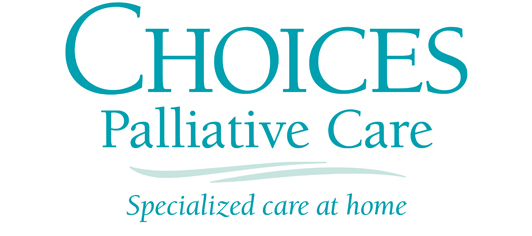Intentional Grief
Over the years thousands of people have come to the Pathways Center because of the death of a loved one. Fortunately, far fewer ever return at a later date because they experience a second, equally significant loved one’s death. But Dominique Miller is one of those people. In 2008 she lost her husband at the age of 42 to suicide, leaving her with four children ranging in age from 7 to 18 to raise on her own. Seven years later Dominique once again sought support from the Pathways Center when her oldest daughter, Jen, also died from suicide at the age of 23.
After her husband Bill died, Dominique and her youngest son attended the Coping Kids & Teens family support series every Thursday evening. “I lived for Thursday nights. It was a happy part of my week” she explained. She described it as a “safe place to hear others’ stories, realize I’m not going crazy and I’m not alone.” That first year after her husband died she talked about feeling “very fragile.” She couldn’t work, and she attended counseling sessions regularly to help her process all of her emotions. She was very selective about who she could feel safe with and talk openly to, was gentle with herself, and refers to that year as her year of “intentional grief.”
Unfortunately, everything she learned helped prepare her for what she would go through after her daughter died a few years later. Once again she turned to the Pathways Center where she went to several Loss of Child support group sessions. She also attended the Suicide Loss six-week series which she described as “incredible – I loved it!” There she learned about mental illness and how complicated the grief is after a suicide loss. Not that she didn’t already know that, but she felt validated by all that she learned from the series.
After losing her husband to suicide Dominique eventually went back to school and obtained a Master’s Degree in Social Work. She now works for the Veterans Administration, helping others with their mental illness. She also took the Hospice Volunteer Training and now co-facilitates some of the Pathways Center support groups. She views this as a way to give back and be there for others.

 Back
Back
Keep in touch.